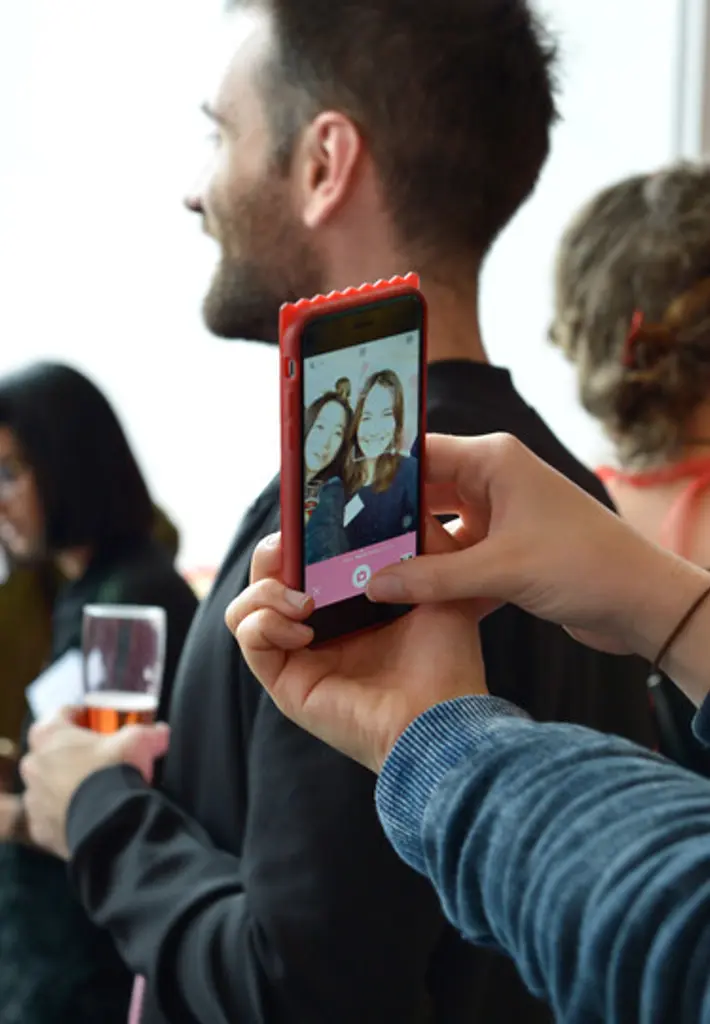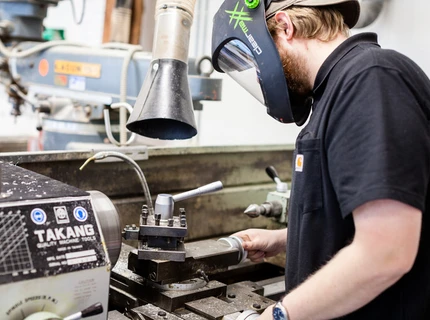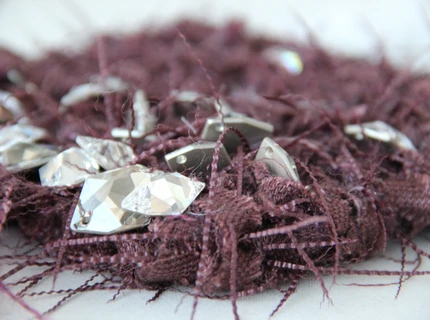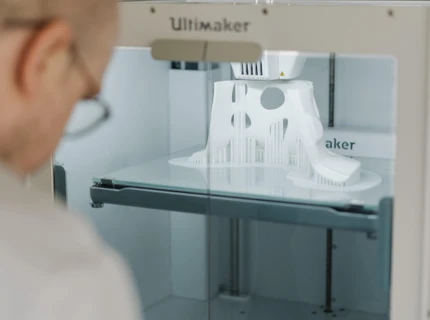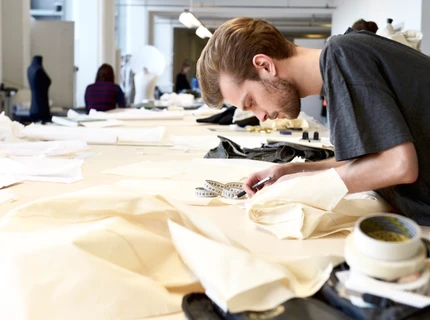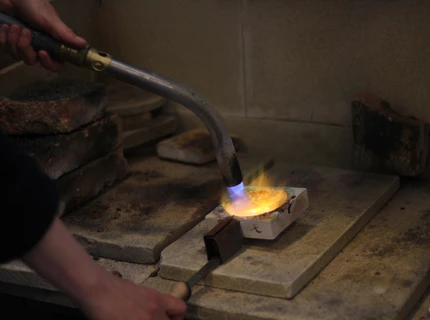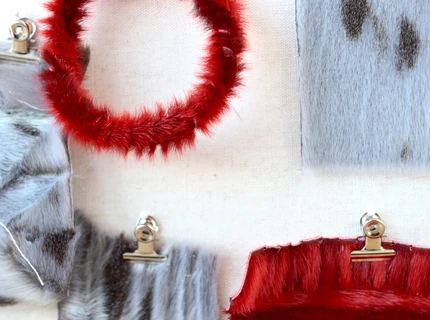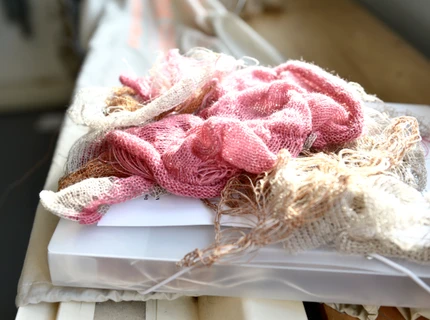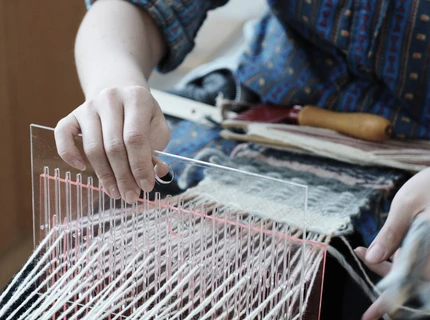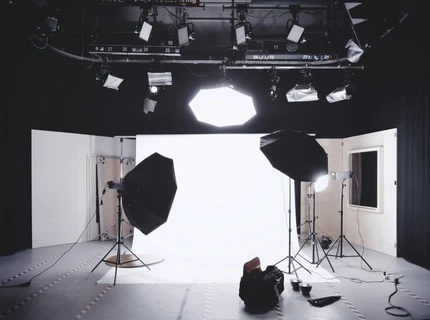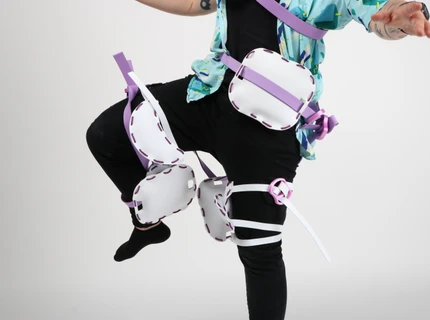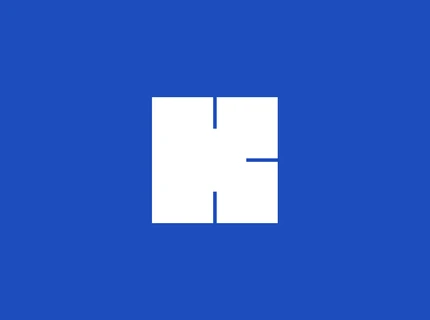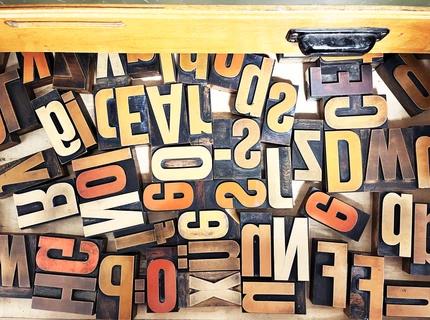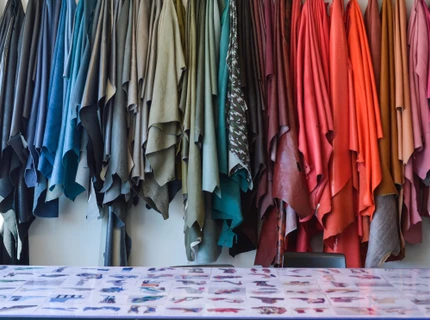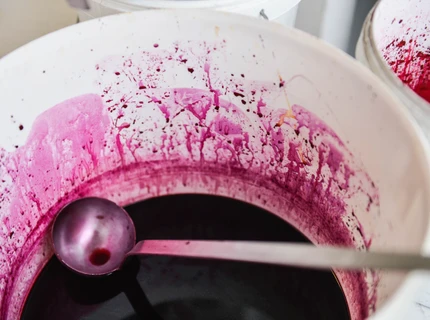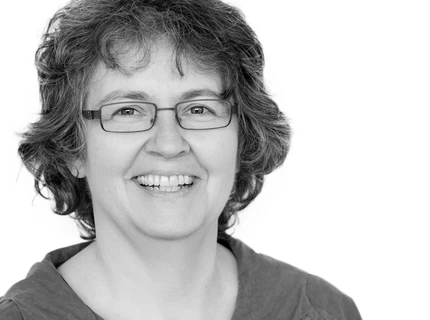Open House
Bachelor's Programme
Please note: Danish language proficiency is required for the Bachelor programme
The Bachelor's programme is a 3-year foundation course for those who are creative and wish to work with both their hands and minds. You will receive broad theoretical and practical training in areas such as design methods, concept development, and material studies. You will apply these skills to real-life cases as well as your own experimental work.
You can apply through either Quota 1 or Quota 2.
- Quota 2: You must complete an admission test. Apply by 15 March 12 PM (CET)
- Quota 1: Admission is based on the grade point average (GPA) from your upper secondary education. Applicants with the highest GPAs will be admitted first. Apply by 5 July 12 PM (CET).
You are welcome to apply through both Quota 1 and Quota 2.
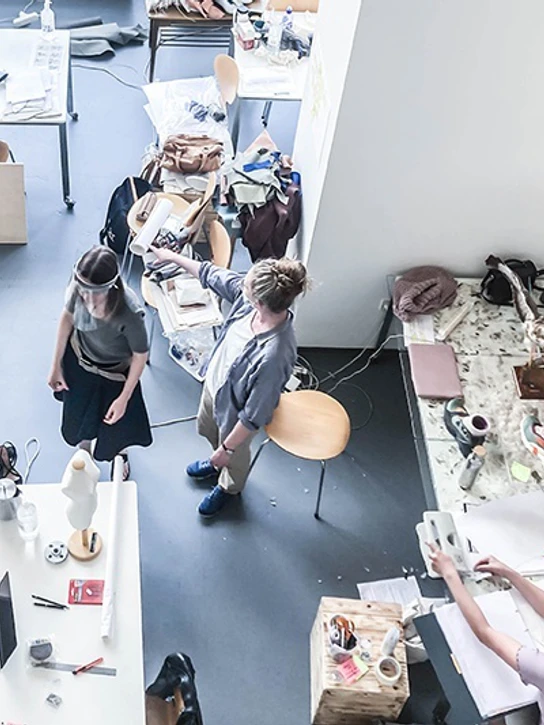
Short films introducing the BA study programmes
Please note: Danish language proficiency is required for the Bachelor programme
Portfolio guide, Bachelor's Programme
In the video below, you will get a walkthrough - based on specific portfolio examples - of what we focus on when evaluating your portfolio, along with a series of helpful tips and advice.
Master's Programme
We work within the following five subject areas:
- Accessory Design
- Fashion Design
- Industrial Design
- Communication Design
- Textile Design
It is important that you specify the subject area you wish to develop and explore in your design projects in your application. This choice will shape the professional feedback, guidance, and challenges you receive, focusing on practical skills within your chosen area of expertise.
In addition to selecting your subject area, we ask you to choose from three thematic focus areas:
- Social Design (Design for People)
- Sustainability and Design (Design for Planet)
- Play and Design (Design for Play)
The focus areas provide a unique opportunity to connect and develop your subject area and learning within themes and industries you are passionate about and see yourself contributing to in the future.
The application deadline is 1 March at 12:00 noon.
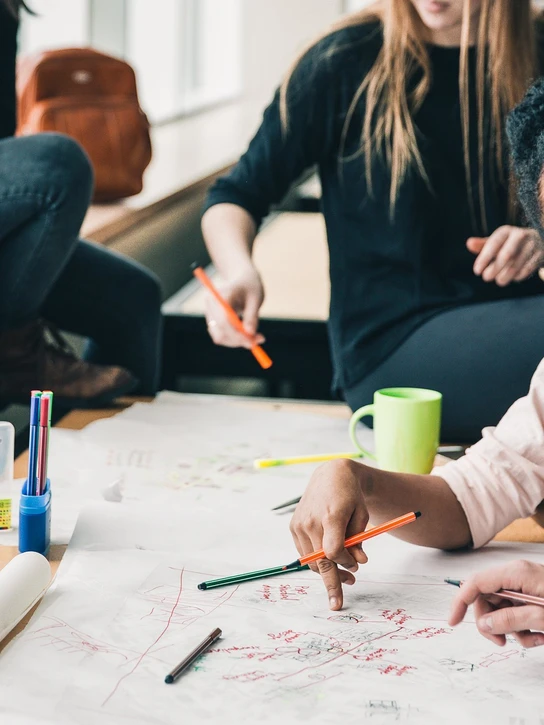
Portfolio guide, Master's Programme
In the video below, you will get a walkthrough - based on specific portfolio examples - of what we focus on when evaluating your portfolio, along with a series of helpful tips and advice.
As a designer, you become skilled at creating ideas, concepts, experiences, products, services – and driving change.
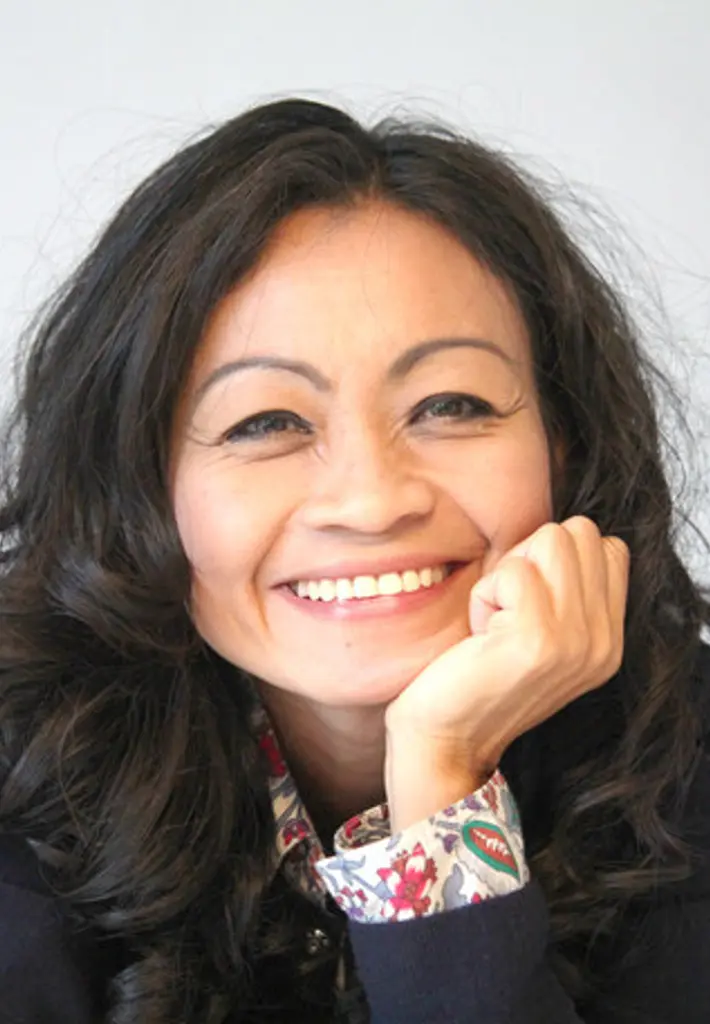
At Kolding School of Design you have access to a number of studios
The school's studios are closely linked to the study programmes and subject areas, providing you with the opportunity to work with materials, produce prototypes, and continuously develop your skills in relation to your specific area of expertise.
More about the studios
Kolding is a vibrant and safe student city, home to many young students and a thriving student community.
